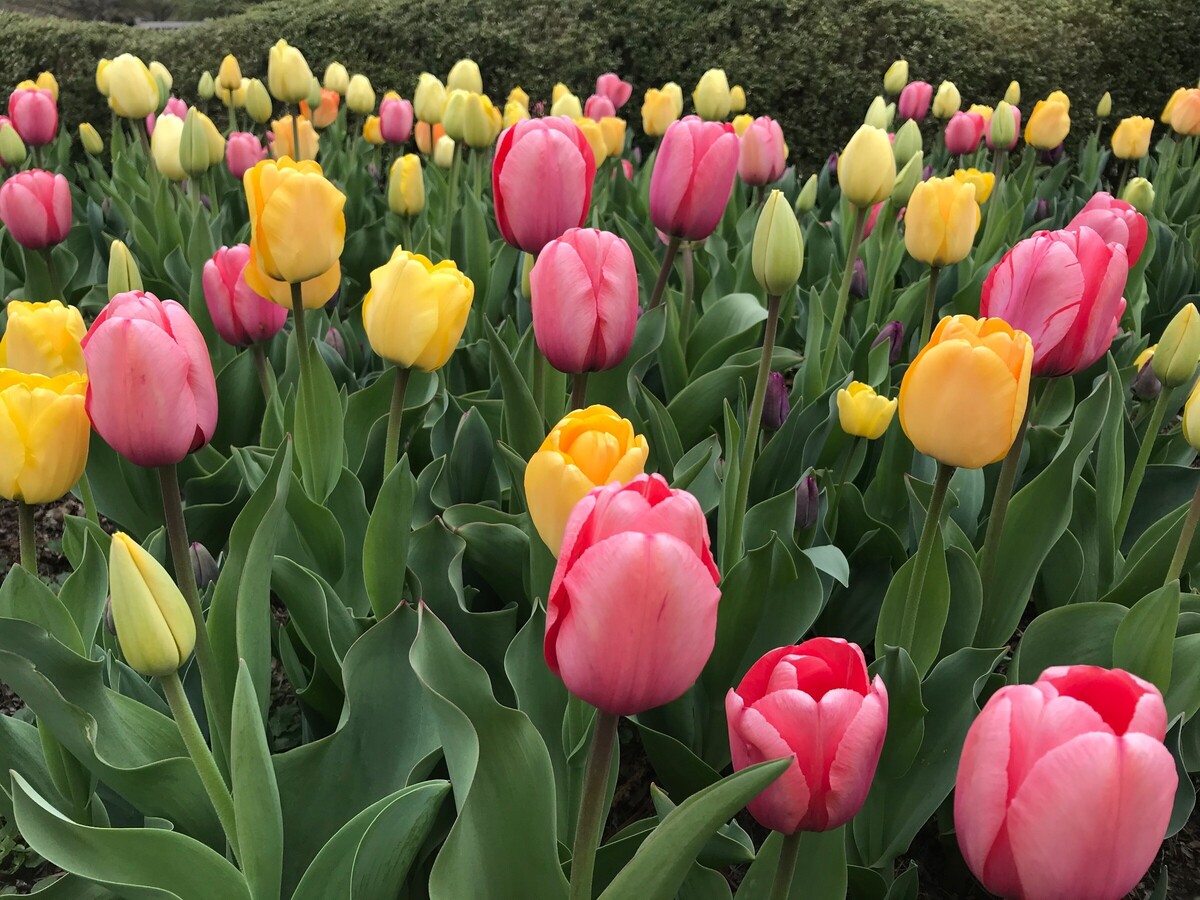Image


Story courtesy of BON SECOURS MERCY HEALTH
MASON, OH -- As winter transitions into spring, many of us eagerly anticipate warmer temperatures, blooming flowers, and vibrant landscapes. However, this seasonal shift does more than enhance the beauty of our surroundings; it also marks the arrival of allergy season. Rising pollen levels from blossoming trees and flowers can trigger allergic reactions and exacerbate asthma symptoms, leading many individuals to seek emergency care.
Seasonal allergies, also known as allergic rhinitis, affect millions of people across the country each year. During spring, trees, grasses, and flowers release pollen into the air, which can cause discomfort for those sensitive to these allergens. Symptoms often include sneezing, nasal congestion, itching, and watery eyes. For individuals with asthma, these allergens can provoke serious respiratory issues, sometimes requiring emergency intervention.
Dr. Tamara Huson, a local primary care physician, stresses the importance of proactively managing these seasonal challenges. "With the increase in pollen during spring, it is really important for folks with allergies and asthma to take preventive measures. Early detection and management can significantly minimize the risk of severe reactions,” she explains.
To help combat the impact of seasonal allergies and asthma exacerbations, Dr. Huson advises her patients to follow these top three strategies:
As we embrace the beauty of spring, many will be tempted to enjoy the outdoors by taking walks or running along the picturesque Little Miami River, and we don’t blame you! That said, it's essential to remain vigilant about pollen levels while relishing these invigorating activities.
In the unfortunate event of severe allergic reactions or respiratory distress, immediate care is important. The Mercy Health— Kings Mills Hospital emergency department is ready to assist those in need during the spring allergy season. As the pollen count escalates, the emergency department is equipped to handle urgent care needs, ensuring patients receive prompt and effective treatment for allergy-related complications, and get them back in the great outdoors!
While the arrival of spring brings forth beautiful blooms and warmer weather, it also poses challenges for those suffering from seasonal allergies and asthma. With proactive measures and appropriate medical guidance, individuals can navigate this transition more comfortably, reducing the risk of emergency care. So, as we welcome the season of growth and renewal, we can also remain vigilant about our health and well-being.